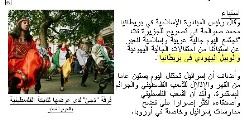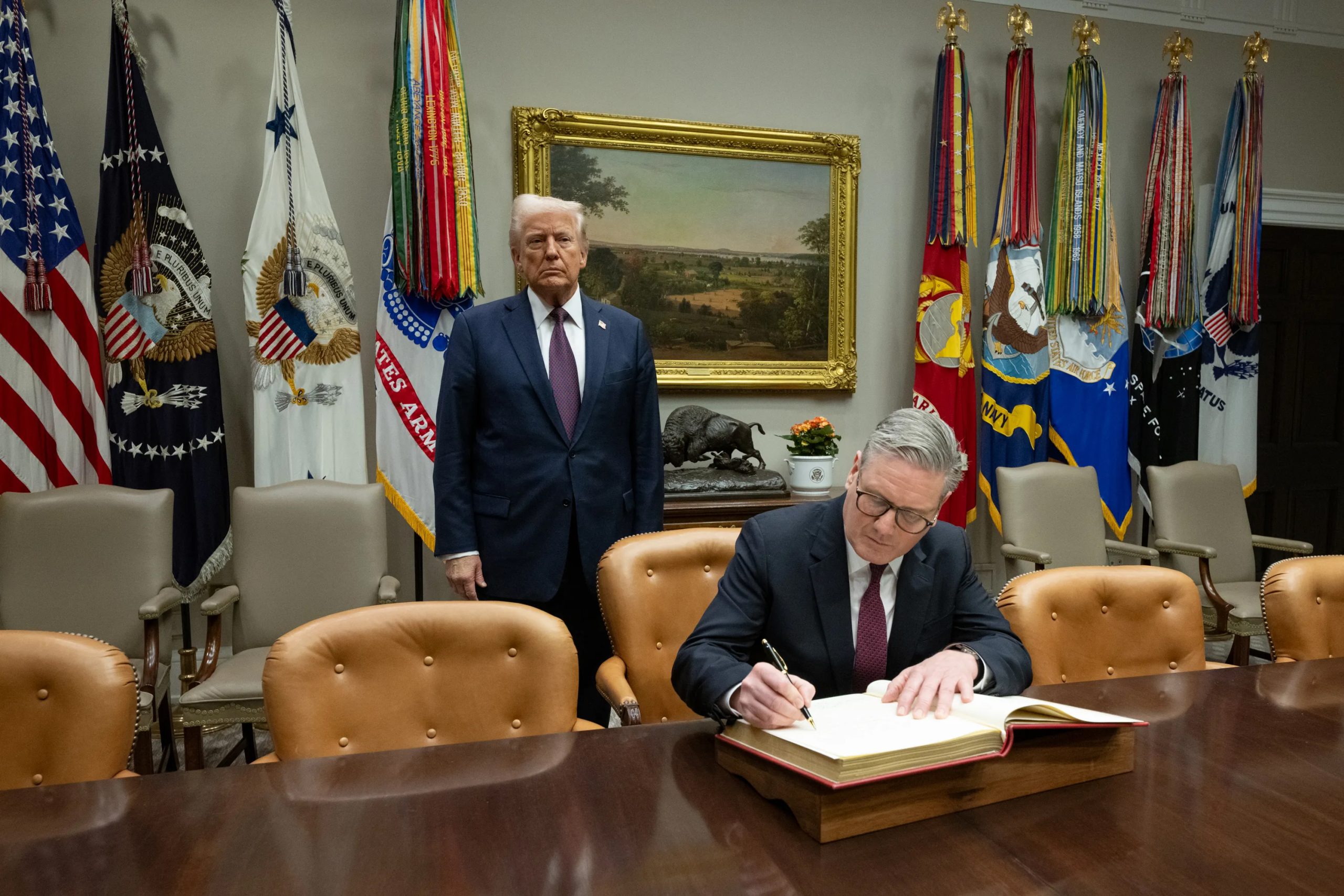 The legal row between a UK blog and a Muslim activist could be a landmark case, writes Padraig Reidy
The legal row between a UK blog and a Muslim activist could be a landmark case, writes Padraig Reidy
The news that blog Harry’s Place is facing legal action from Mohammed Sawalha of the British Muslim Initiative was, in some ways, unsurprising. Harry’s Place has been made its name criticising groups such as the British Muslim Initiative, which its various contributors see as political organisations masquerading as ‘community groups’. Some kind of confrontation was inevitable, sooner or later.
Mr Sawalha’s complaint stems from an article posted on 2 July, in which Harry’s Place blogger David T alleged that Sawalha had referred to Jews as ‘evil’ in response to a pro-Israel rally in London. David T’s source was an Al Jazeera article in Arabic. Sawalha claims that any suggestion that he would use such wording undermines his community work.
David T had been alerted to the article by a Harry’s Place reader, who had spotted the story and run the text through Google Translate (the programmed delivered the phrase ‘dangerous Jew’. The blogger says he then ran it past Arabic speakers, who told him that the word translated by Google as ‘dangerous’ was ‘al wabil’ — ‘evil’ or ‘baleful’. However, when readers clicked on the link to the Al Jazeera article, they found the word ‘al lawbi’ — i.e. ‘lobby’. A heated debate on the translation ensued. Medyan Dairieh, the journalist who wrote the Al Jazeera article, even got involved, posting in the thread:
‘I wrote the report that has been misquoted, I mispelt one word in Arabic, الوبي instead of اللوبي (lobby). The mistake renders the word meaningless in Arabic and English except to people who can actually read Arabic and posess [sic] intelligence who would understand the mistake to read as “lobby”. It is fairly obvious that the author of the piece we are discussing has a deliberate agenda, cannot read Arabic and has no common sense.’
Others argued that the phrase translated to ‘evil Jewish’— two adjectives unattached to a noun.
Dairieh repeated his claim in an email statement supplied to Sawalha’s legal representatives, Dean & Dean. This statement was included in a letter received by email by Harry’s Place’s contributors on 4 July, warning them to take down the post and post an attached apology worded by the solicitors (which in fact, was not attached). In that letter, Sawalha insists that he had said ‘al lawbi’ — or to give the full quote ‘We, the Arab and Islamic community, gather here today to express our resentment at the celebrations by the Jewish community and the Jewish lobby in Britain’ as opposed to ‘…and the evil Jew in Britain’, the wording Harry’s Place had stated.
In its legal response to this, Harry’s Place, represented by Mishcon de Reya, stated:
‘The Al-Mawrid, Trilingual Dictionary, compiled by Dr. Rohi Baalbaki, translates this word as follows: y wabil [sic] unhealthy, unwholesome, bad, evil, harmful, hurtful, detrimental, prejudicial, noxious, baneful, pernicious.
Arabic adjectives always agree with the noun they qualify in number, gender and definiteness (the case here), so the noun phrase can properly be translated as “the Jewish evil”. This is the translation that was quoted in the Posting. Accordingly, it is not accepted that the translation was a “malevolent interpretation of a meaningless word”.’
This is all by way of explanation. And it may seem like a spat in a very particular corner of UK political life. But the ramifications are potentially massive. Interest groups and individuals have got used to bullying bloggers – most of whom are lone amateurs with access neither to the expertise of a newspaper legal team nor to the support of a trade union.
In the past, attacks on UK bloggers have come in the form of the takedown notice: a threat of legal action against ISPs too scared or apathetic to challenge them. This is impossible with Harry’s Place, which is hosted in the US and as such enjoys both First Amendment rights and a specific law protecting ISPs from such actions.
In a more worrying recent development, Belfast blogger Alan Murray was accused of ‘intimidating’ members of his local resident’s group on the Internet, after staging a long campaign against the housing policy in his neighbourhood on his blog. Murray faced criminal charges before a judge ruled that the charges against him be dropped.
Should this case continue to court, then at very least a strong statement will have been made: bloggers have a right to do what they do; a right to criticise public figures, and a right to continue the argument, conversation and scrutiny that makes the blogosphere at its best an invigorating forum for free expression of ideas and information.




